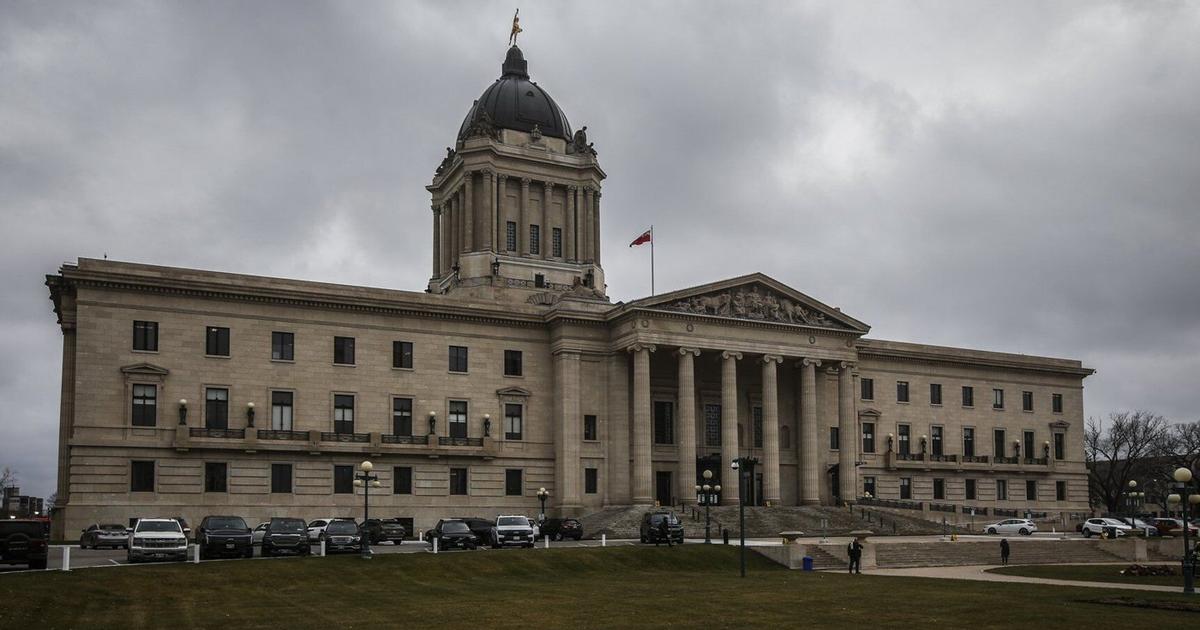Hundreds of Air Canada flight attendants, poised to strike as early as Saturday, held a ‘national day of action’ Monday at major airports, including Toronto Pearson, over what they called “poverty level wages.”
Last week, more than 10,000 flight attendants in the Canadian Union of Public Employees overwhelmingly voted in favour of walking off the job “if necessary.”
The union could be in a legal strike position as soon as Saturday, but would need to provide at least 72 hours notice.
“We’re proud to put on this uniform and help keep the public safe on their journey, but the days of us doing it for free or for poverty wages must end,” Wesley Lesosky, president of the Air Canada component of CUPE, said. “Air Canada has posted billions in profits in the past few years, they can afford to pay their workers fairly without adding new costs for the public.”
At Pearson, CUPE strike committee co-chair Shanyn Elliott told reporters that flight attendants make a starting wage of $1,900 a month.
Many live below the poverty line, she added, relying on food banks and shared accommodations just to be able to make ends meet.
“We have flight attendants who are fabulous at their job,” Elliott said, “and it could potentially be a breaking point between, ‘do I stay in a career I love, or do I allow myself to be able to eat?’”
Negotiations have been ongoing since the beginning of the year, as the 10-year contract expired in March.
The union previously said “unpaid work, work rules, and poverty-level wages” are key issues in negotiations noting flight attendants are not paid for performing safety checks, handling on-board medical emergencies or assisting passengers with boarding and deplaning.
Air Canada, for its part, is focused on reaching a settlement with CUPE “that recognizes the contributions of its flight attendants by making them the best paid in the country, and that also supports the competitiveness and long-term growth of the company,” airline spokesperson Peter Fitzpatrick told the Star in an email.
“Our goal is to achieve this without any disruption to travel,” Fitzpatrick said.
Simultaneous demonstrations took place from noon until 2 p.m. at Pearson, Montreal’s Pierre Elliott Trudeau International Airport, Vancouver International Airport, and Calgary International Airport, the union said.
About 700 flight attendants participated in the action at Pearson, the union said, while 400 picketed in Montreal, 350 demonstrated in Vancouver and 100 actioned in Calgary.
Some of the flight attendants carried signs reading “Unpaid work won’t fly” and “unfAir Canada.”
A strike would cause “chaos” across the country, said John Gradek, an aviation management lecturer at McGill University.
Gradek said Air Canada would be legally responsible for finding alternative travel for passengers within 48 hours of their original itinerary — not easy during the “peak summer season.”
If the airline failed to make the required accommodations, he added, passengers would be entitled to a full refund.
Air Canada flight attendants are “among the worst paid in North America,” Gradek said, and Air Canada would have to hike wages by about 32 to 36 per cent in order to make them the best paid in the country.
However, Gradek sees “no incentive” for the airline to reach a settlement because it can pressure Ottawa for a back-to-work order.
While it was “a hallmark” of the Justin Trudeau government to have little patience for disruptions to companies like Air Canada, he said it will be interesting to see how Prime Minister Mark Carney’s government reacts.
In 2024, Air Canada offered pilots a 42 per cent raise over four years to avoid a potential strike or lockout.
The federal government didn’t legislate them back to work, but the ministers of labour and transportation had “very strong participation,” by pressuring Air Canada to recognize the wage gap pilots were facing, Gradek said.
With files from The Canadian Press



